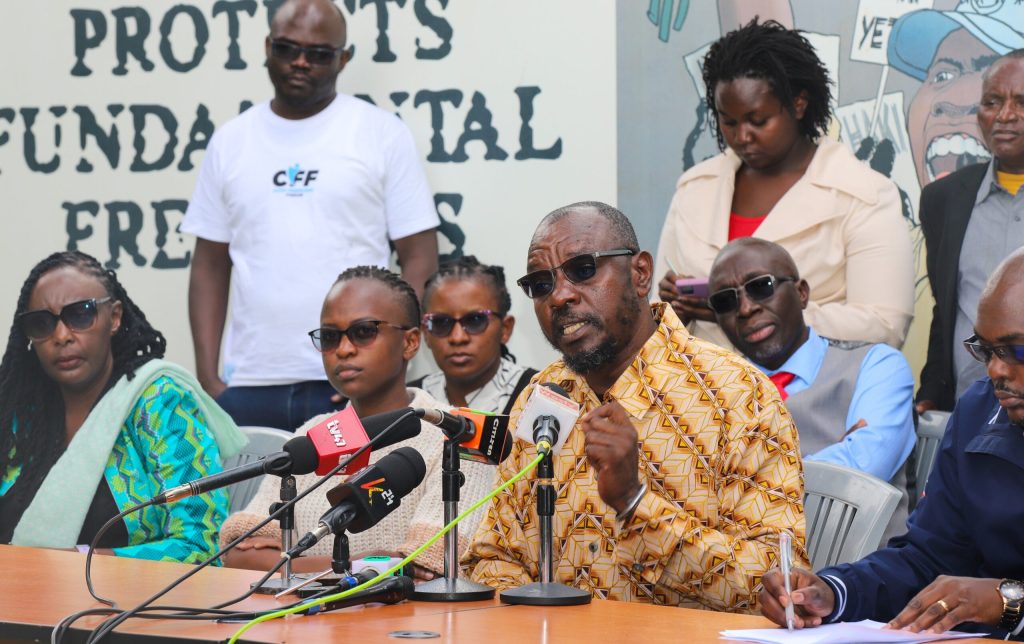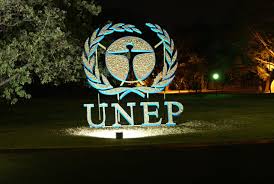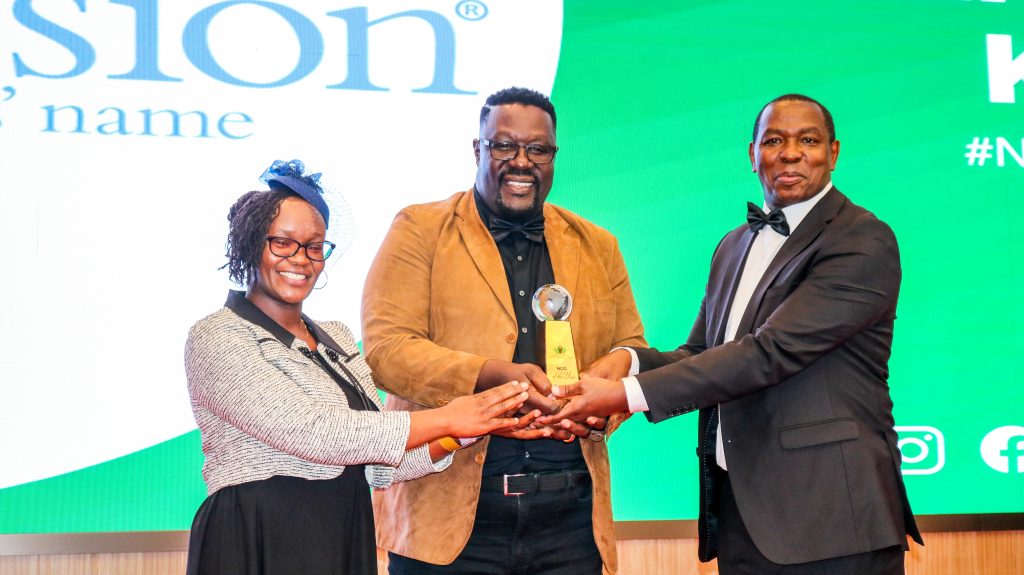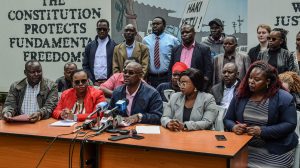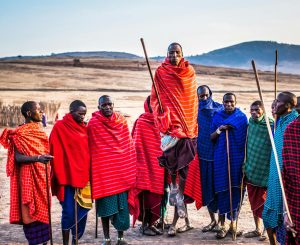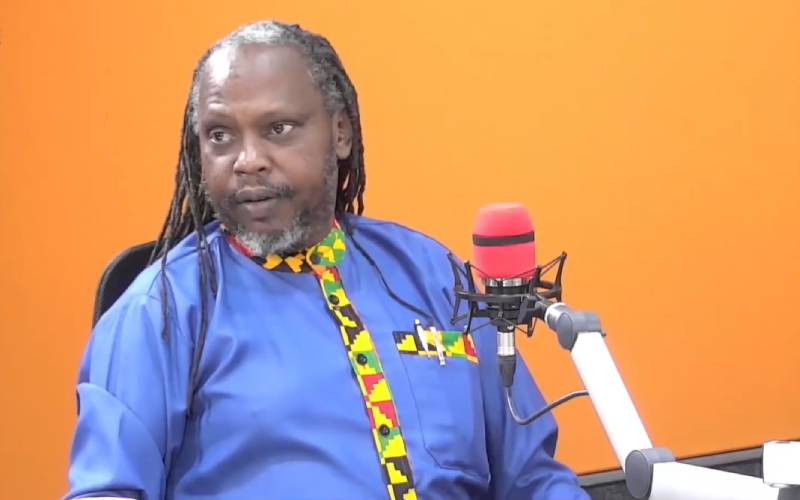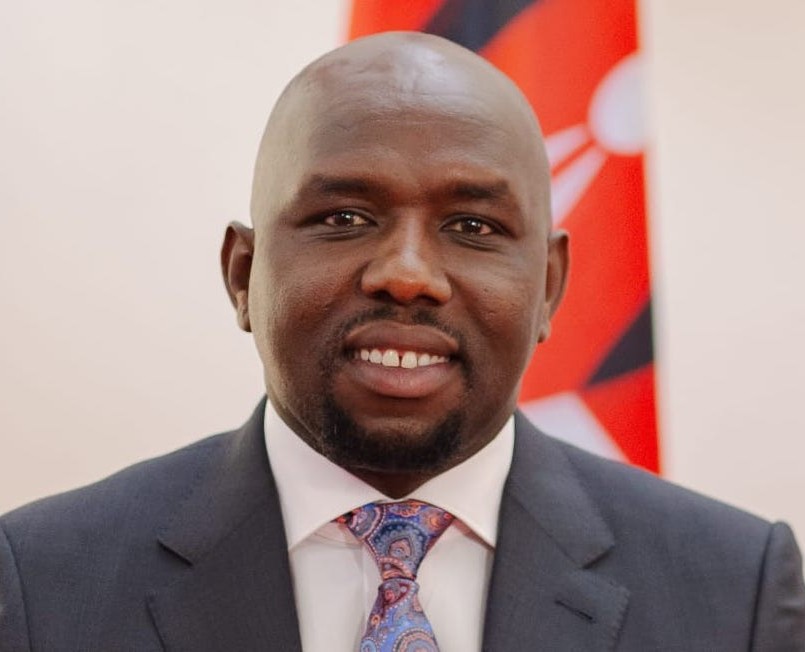By Wahome Ngatia
Leading civil society organizations—Kenya Human Rights Commission (KHRC), Katiba Institute, and Muslims for Human Rights (MUHURI)—have strongly criticized the Media Council of Kenya’s Complaints Commission (MCK) for accepting a complaint filed by Safaricom PLC against investigative journalists from the Nation Media Group (NMG).
In a joint press statement, the NGOs accused Safaricom of using intimidation tactics to silence journalists and public interest reporting. They described the move as a Strategic Lawsuit Against Public Participation (SLAPP) aimed at deflecting attention from serious allegations regarding data privacy violations.
“Rather than addressing the grave concerns raised, Safaricom has chosen to attack the messengers—journalists and civil society actors—who are demanding transparency and accountability,” the statement read.
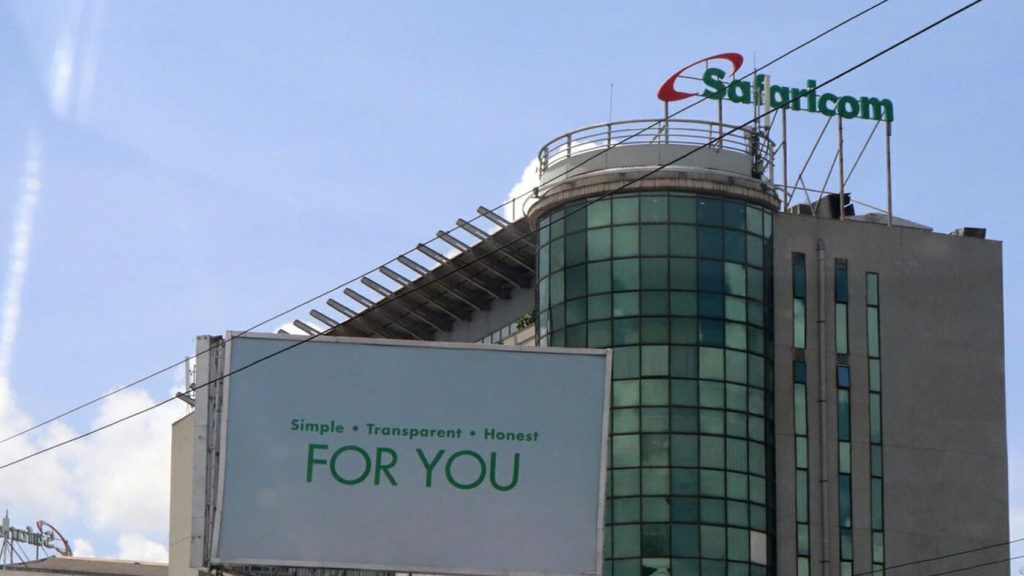
The Controversy: Privacy Allegations and Retaliation
The row began after investigative journalists Namir Shabibi and Claire Lauterbach published a report in the Daily Nation on October 29, 2024. The exposé claimed that Safaricom had provided security agencies with unauthorized access to customer data—an act that potentially enabled enforced disappearances and extrajudicial killings.
Following the publication, Safaricom lodged a complaint with the MCK, alleging unethical reporting. The company also threatened legal action against the journalists and suspended advertising contracts with NMG—reportedly worth nearly $5 million per month.
On February 11, 2025, the Media Complaints Commission ruled that Safaricom’s complaint warranted a full hearing to investigate whether the exposé had breached journalistic ethics.
“Safaricom’s concerns about potential breaches of journalistic ethics in the police surveillance story require further examination,” said MCK in its ruling.
Civil Society Response: Deflection and Intimidation
KHRC and MUHURI, both named in follow-up reporting and vocal in demanding accountability from Safaricom, say they have also been targeted.
“Safaricom has chosen to retaliate not only against the journalists—Namir Shabibi, Claire Lauterbach, Daniel Ogetta, Kepha Muiruri, and Evans Jaola—but also against KHRC and MUHURI, who have called for transparency,” the statement said.
On November 14, 2024, KHRC and MUHURI sent an open letter to Safaricom demanding a comprehensive response to the allegations of data breaches and privacy violations. They emphasized the company’s duty to uphold customer rights and ensure it does not facilitate human rights abuses.
The civil society backlash intensified after Safaricom’s response was seen as evasive and retaliatory, rather than substantive.
Regional and International Solidarity
The dispute has attracted global attention. On December 20, 2024, members of the International Network for Civil Liberties Organizations (INCLO) issued a solidarity statement condemning Safaricom’s actions and calling on the company—and its parent firm, Vodafone—to commit to ethical practices that respect human rights.
Earlier, on December 5, 2024, Nation Media Group representatives appeared before the Media Council to respond to Safaricom’s complaint. An NMG editorial manager described the hearing as procedural, noting that further proceedings were scheduled for January 2025.
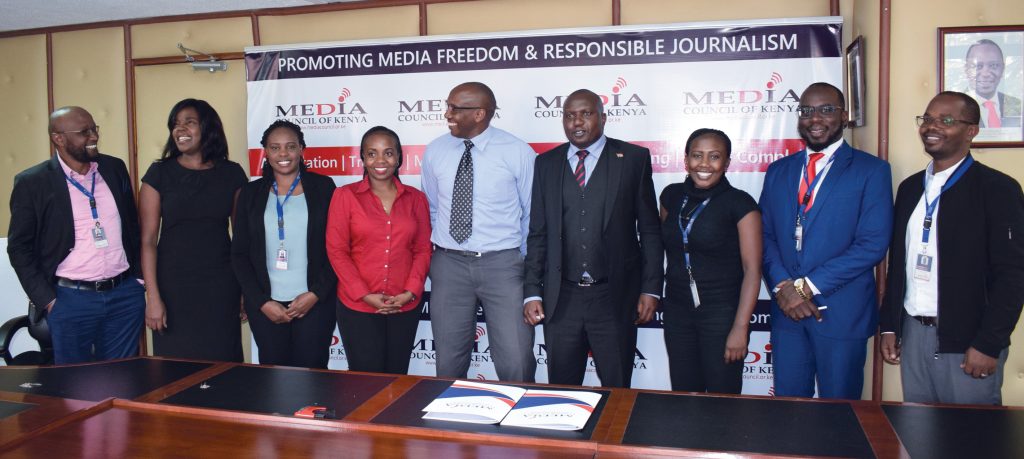
The controversy has also fueled misinformation. On November 6, 2024, the MCK had to publicly disown a fake letter circulating online that falsely claimed the Council was investigating NMG over the story. MCK urged the public to disregard such falsehoods.
As the case proceeds, civil society continues to rally behind the journalists, underscoring the importance of protecting press freedom and the public’s right to know. The outcome could set a significant precedent for how powerful corporations engage with watchdog media and civil society in Kenya.

